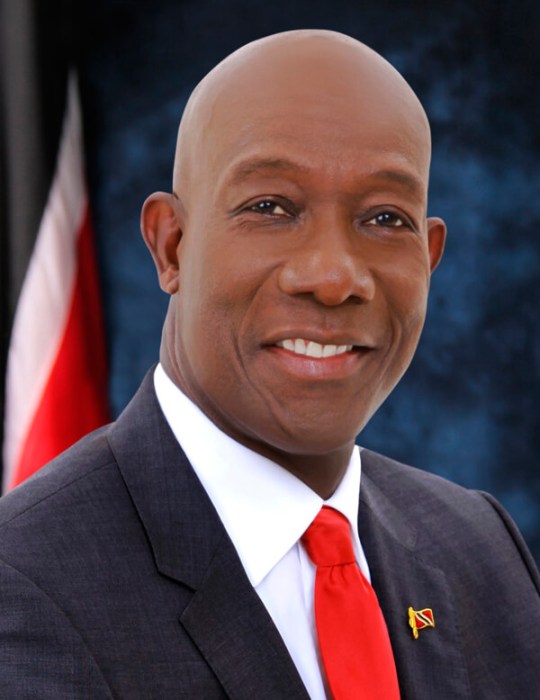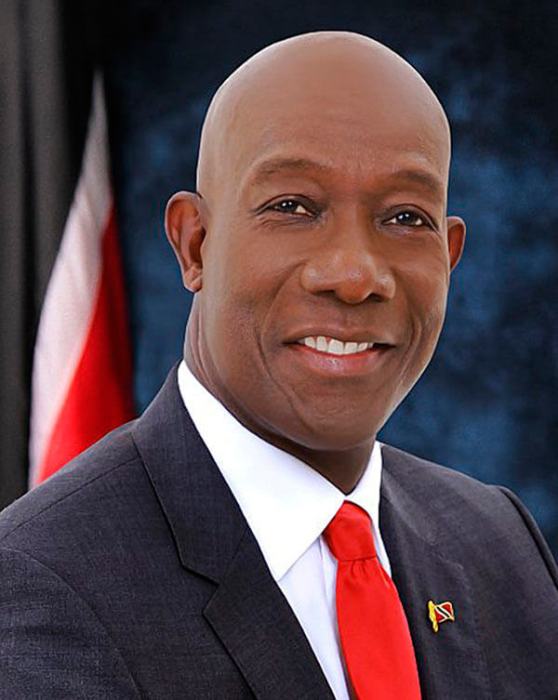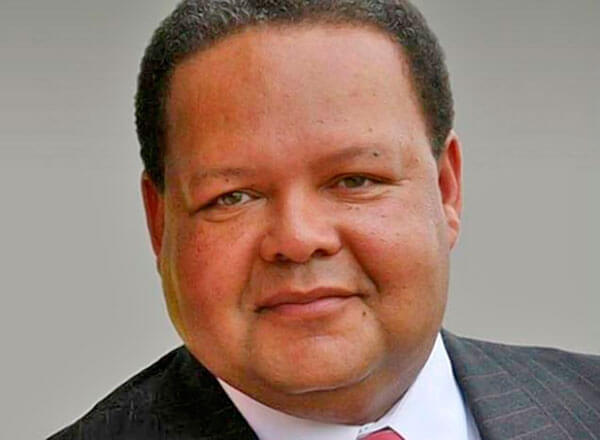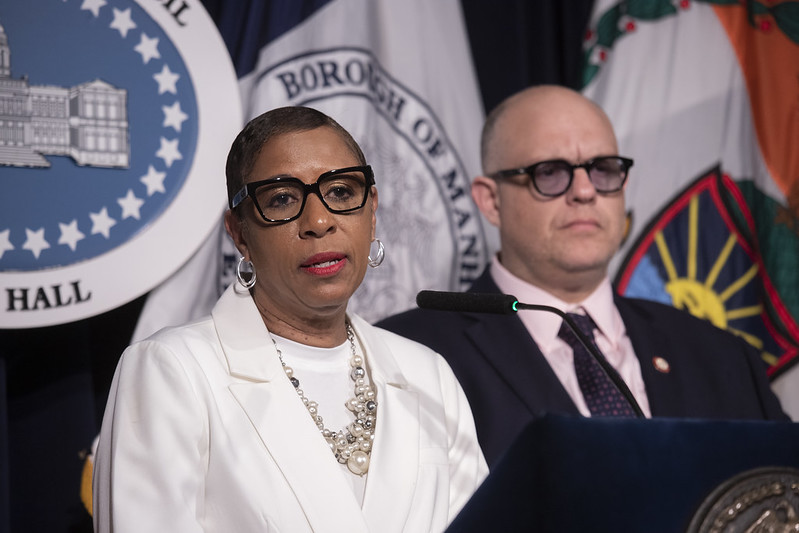Twenty seven years ago this week, a group of 114 disgruntled and if not idealistic Black Muslims tried to topple the elected government of Trinidad and Tobago in a bloody coup attempt that claimed more than 20 lives, triggered widespread looting, a dusk to dawn curfew and arson attacks on the capital.
But as the country now grapples with the economic fallout from relatively low prices for oil and petroleum products, both government and ordinary islanders largely ignored the events of that fateful Friday on July 27, 1990 when the group stormed parliament, the state-owned television station and a string of other national buildings as they tried to dislodge the administration of then Prime Minister Arthur Napoleon Raymond Robinson.
Barring a single story in the leading Trinidad Express and Guardian newspapers, local media appeared to pay little attention to the events of that day but the Downtown Merchants Association whose members lost millions to arson attacks complained about society’s silence.
President Gregory Aboud said the body is “saddened” that there is not going to be an observance of the 26th anniversary of the 1990 attempted coup today.
“Aboud says that people still feel there is “a certain amount of lapses and lacunae in the security system, which could cause a tad uneasiness for citizens if another attempted coup took place.”
The coup makers were led by Yasin Abu Bakr, a former policemen who remains the leader of the Jamaat al Muslimeen, a radical organization that still periodically upsets locals with utterances about societal rebellion.
But as the country tries to climb out of its current economic troubles, former hostage Wendell Eversley said every effort must be made by all sectors of Trinidad and Tobago to ensure that there will never be another attempt to topple an elected government again.
“The government should ensure there is never another coup by monitoring people who are using the guise of religion to carry out their dirty deeds,” the Guardian Newspaper quoted him as saying.
Eversley who had planned to stage a lone picketing exercise in Tobago this week, said he was one of the dozens of hostages in parliament when the heavily armed Muslieem fighters stormed a house that was in normal session.
“I had just gone to parliament to listen to the debate on the Scott Drug Report. I am still traumatized. I was used as a human shield to open the windows. I saw Lorraine Caballero bleed to death. I saw when Bilaal Abdullah shot PM Robinson. I saw when Emmanuel Carter was pleading for Leo Des Vignes to be taken outside to get treatment. I saw when they beat the late Selwyn Richardson. I saw Selby Wilson crying like a baby. I saw Winston Dookeran crying like a child. I cried. At the same time, I was proud Robinson stood up in defense of democracy with the words ‘Attack with full force,” he said.
This week’s rather lukewarm, if not absent observances, are also passing at a time when security officials are monitoring radical elements claiming ties to ISIS and uttering low level threats to cause trouble.
Of 15 nations in the Caribbean trade group, officials in Trinidad are forced to live with the fact that dozens of islanders have gone to the Middle East to fight alongside ISIS. The fear is how to manage those who return home with radicalized views and it is the reason why Eversley wants those with links to religion to be strictly monitored.
“The government should ensure there is never another coup by making sure these clusters of people who are using religion to carry out their evil deeds are not allowed to flourish. The government (Dr. Keith Rowley) and the Opposition Kamla Persad-Bissessar and leaders of all the political parties should ensure there is never another 1990. It is an insult to our democracy.”


























